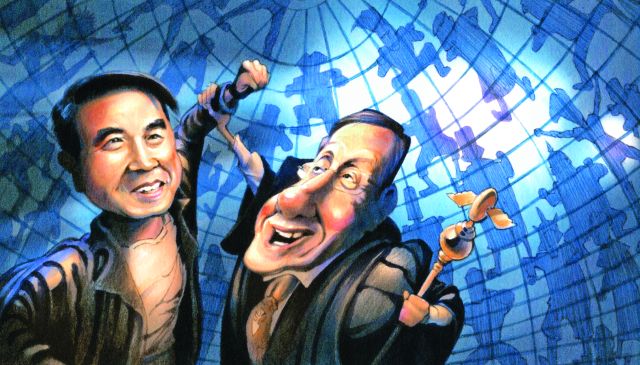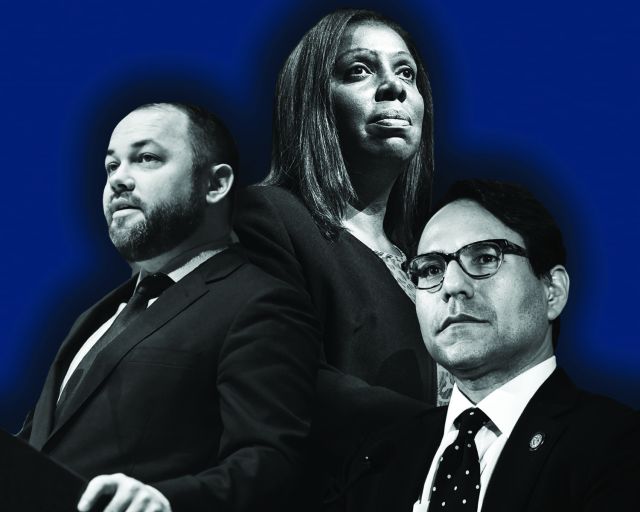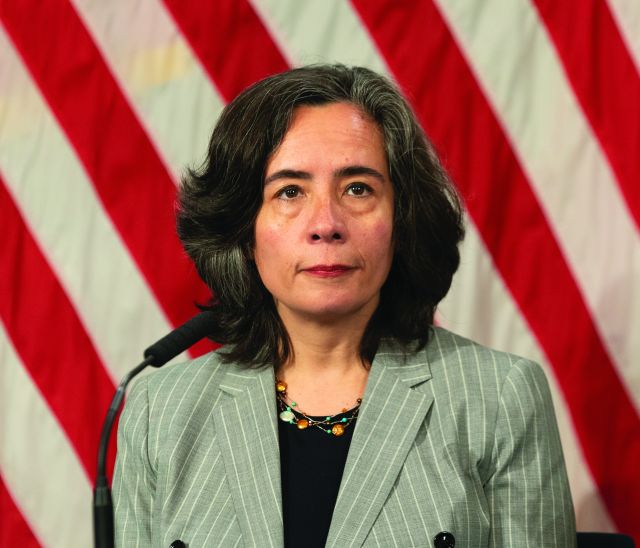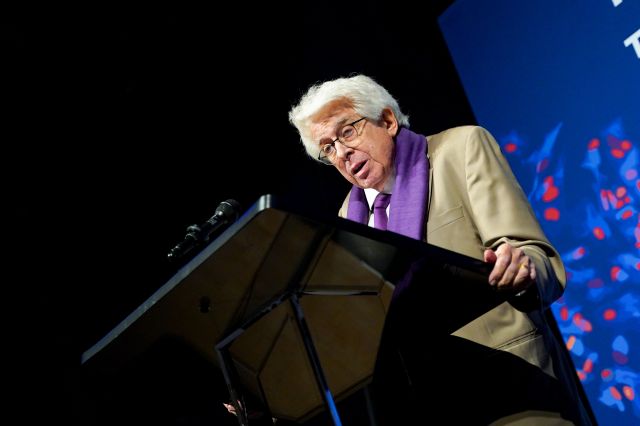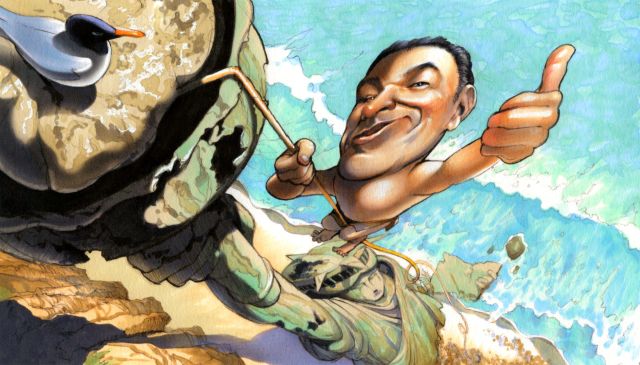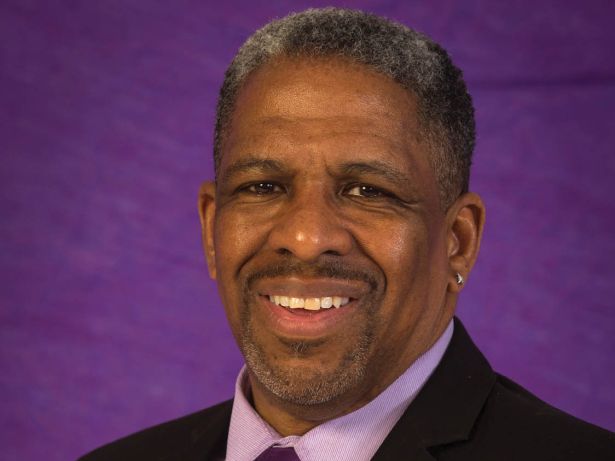
Kyle Bragg
Kyle Bragg
President at 32BJ SEIU
Last year's rank: 98

Kyle Bragg had fought bruising labor battles before, but he hadn’t led one as consequential as the action that almost became the city’s first doorman strike in more than three decades.
Contracts that building workers have with the owners of luxury residential properties are renewed every four years. When Bragg approached the owners for a new round of collective bargaining, he thought his members deserved a raise in recognition of the exhaustive work they performed to manage deliveries, clean elevators and keep luxury buildings safe throughout the pandemic. The city even recognized some 85,000 32BJ members as essential workers and honored them at a parade last June.
But when it came time to negotiate a new contract for 30,000 building workers, luxury building owners proposed that unionized doormen, janitors and other employees share the costs of health care premiums and cut their sick leave and vacation time. That was a non-starter with Bragg’s members.
“We’ve always had a strong focus on figuring out ways to contain the escalating cost of our health care, which is a challenge nationally, but maintaining that becomes a costly proposition for owners,” Bragg said. “At the outset, we made clear that was something that we would not compromise. The whole proposal was a hindrance to the negotiations.”
Bragg readied his members to strike, and thousands of building workers marched on the Upper East Side on April 13. The following week, Bragg told NY1 the city was behind his workers and noted negotiations were progressing before the April 21 deadline. One day before their contracts expired, both sides reached an agreement and a strike was averted. Building workers got a 3 percent wage increase over four years and a $3,000 bonus.
“We wanted to make sure they got a wage increase to deal with inflation and live and work within a city that’s gotten more expensive,” Bragg said. “Bargaining is never easy. Our biggest asset was the work our members did.”

